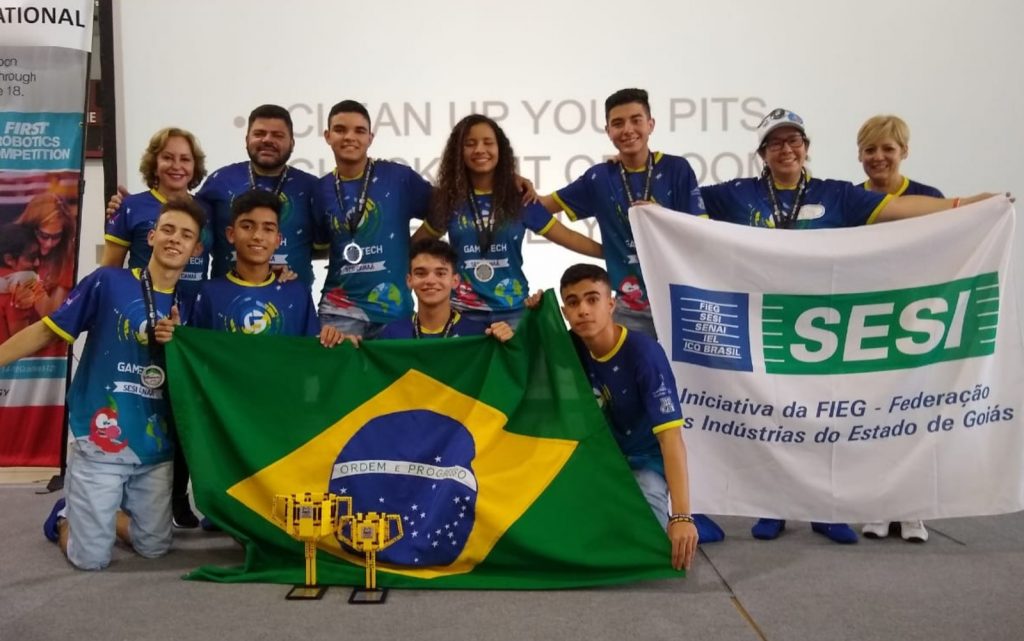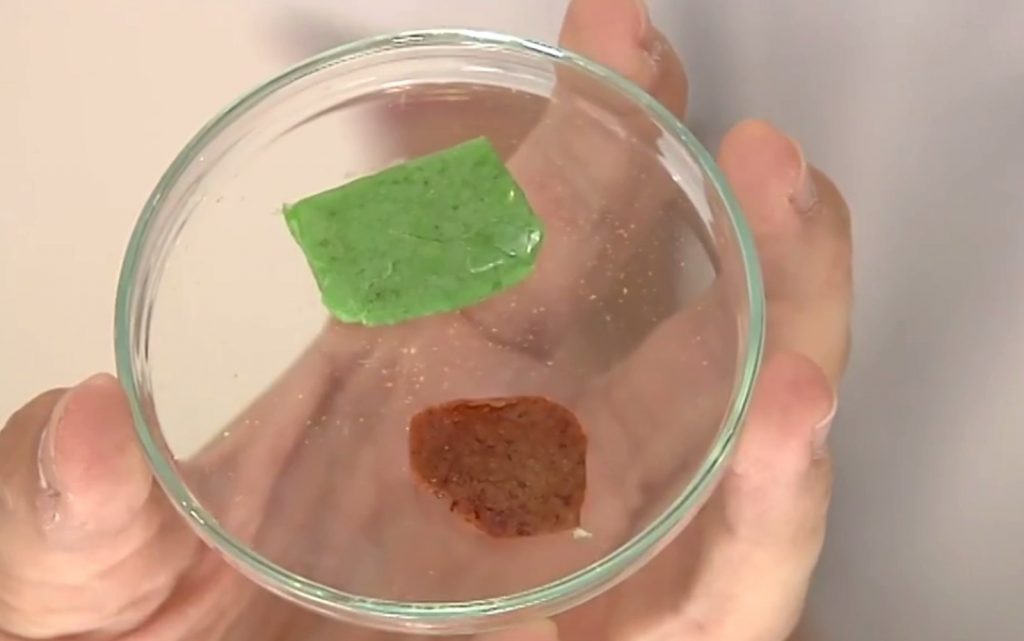RIO DE JANEIRO, BRAZIL – Developed by students from Goiás State, the “Chiliclete” — a chili pepper gum designed to help astronauts feel the taste of foods — will be acknowledged by the Brazilian Space Agency (AEB) on Wednesday, July 31st. Students from SESI Canaã in the State capital, Goiânia, will be awarded certificates in recognition of their innovative project. The tribute will take place at the agency’s headquarters in Brasília.

The chili pepper chewing gum invention awarded the students with the highest prize in the West Virginia robotics tournament, held between July 12th and 14th, at NASA University, in the United States.
According to the president of AEB, Carlos Moura, the students’ triumph is “a remarkable feat. It’s everything we want: Brazilian creativity and innovation making a difference. These youths deserve our recognition,” he said.
Invention

The “Chiliclete” was designed by a group of seven students from Sesi Goiás to help astronauts taste foods. It is a chewing gum developed with chili pepper components, which help restore the senses of smell and taste.
According to the students, the absence of sensation in the astronauts’ noses is caused by the lack of gravity in space, which results in the body’s blood being concentrated in the head and chest. As a result, sensitivity is affected, preventing astronauts from smelling and tasting.

